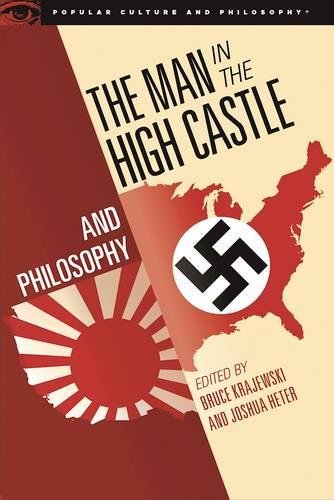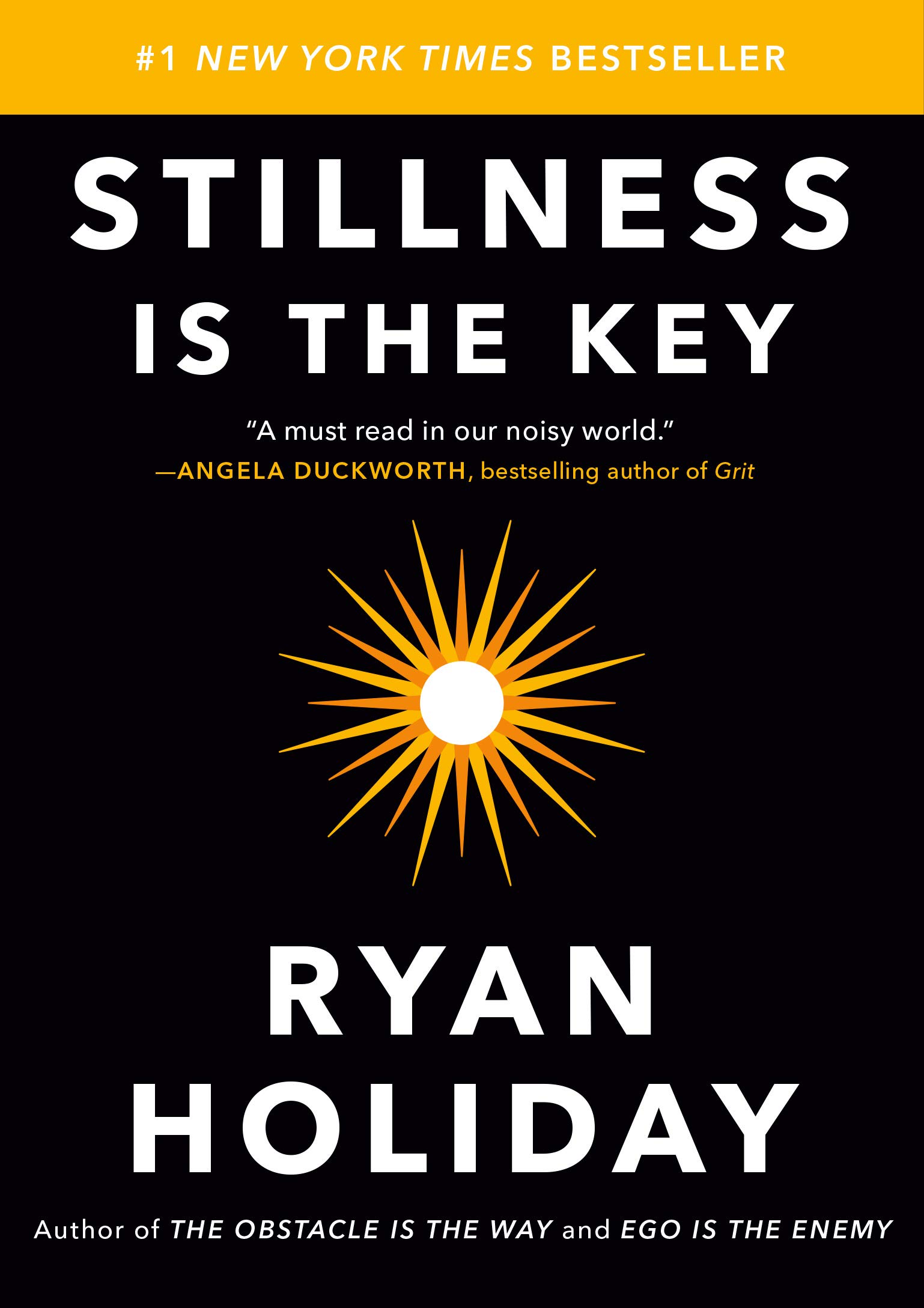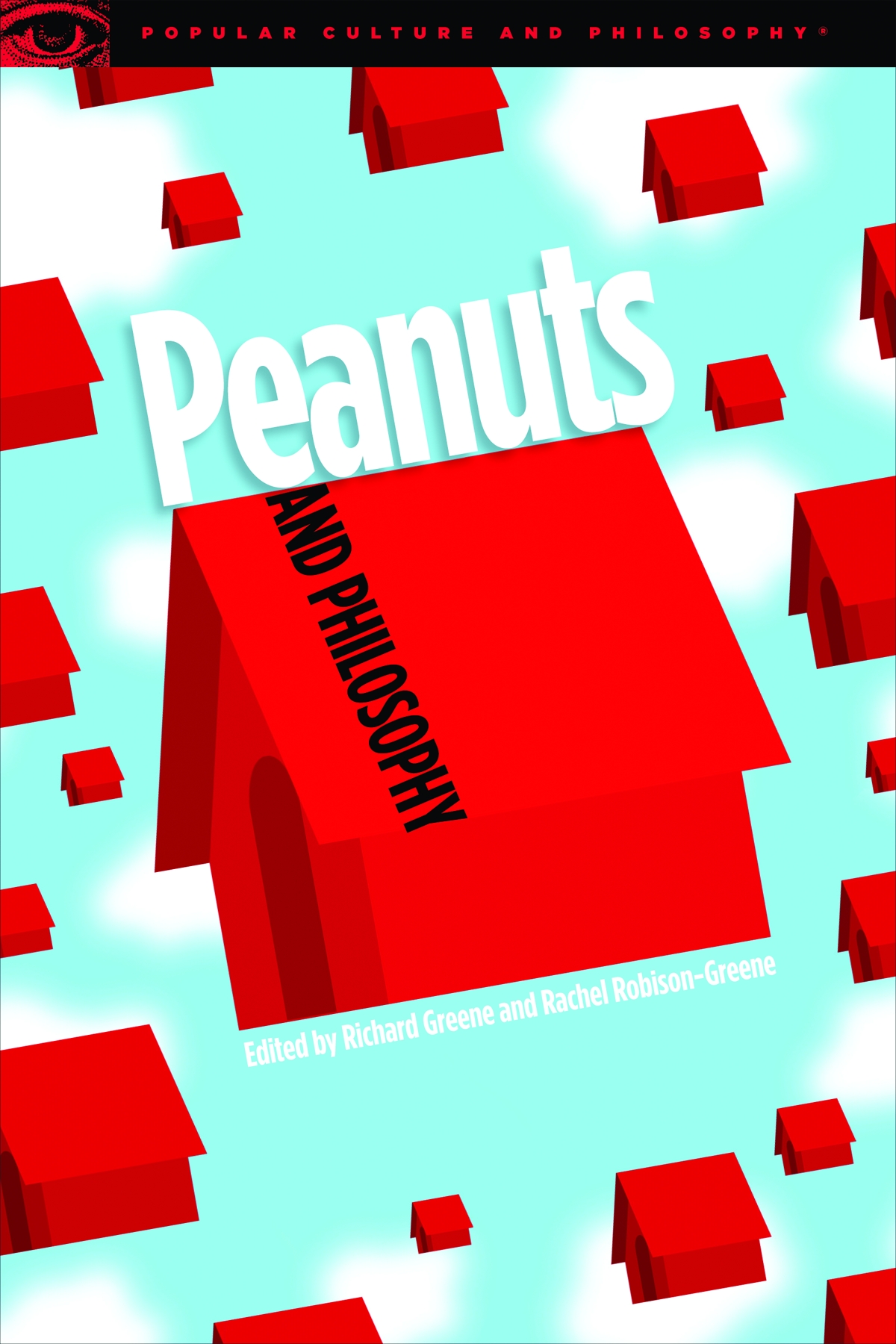The Man in the High Castle and Philosophy: Subversive Reports from Another Reality
The Man In The High Castle and Philosophy is a fascinating exploration of the ideas, philosophies, and positions taken in the novel and the Amazon cable television adaptation of the famous Hugo Award-winning book from famed author Philip K. Dick. Dick (1928-1982), who saw a “cinematic rebirth” after his death and the release of the ground-breaking movie Bladerunner (1982), has provided mind candy (even if sometimes sour) for a generation that still needed to process the impact of the failed revolutions and activism of recent times. We lived in a world where many heroes who strove to have a better world were assassinated but were acknowledged by many after their deaths. PKD, though not killed, like King, Kennedy, and Lennon, was among their ranks, arguing for more sympathy and concern in a world that had grown very dark and cynical. Dick also spoke up for the losers.
The movie adaptations, though they tried, were not always able to capture or contain his humor within his grim dystopian visions. Characters did strive to make the world better, and many won out in the end, but we are still stuck with a world we and he could not fully understand. Dick was a religious mystic according to biographer Lawrence Sutin. He also was a fan of Mussolini, and a German and Fascistic sympathizer who understood our enemies as avowed in some of his philosophical writing. He was not read or touted for such things, at least not publicly. He joins many in an American undercurrent that is critical of our government and legal system. We have free speech in this country, and we need to know more about our former enemies to better understand our history. We also need to understand crime and police work. Dick has allowed us to achieve some of this now that the machinations of war with Europe are mostly over. He was an activist of sorts and a religious seeker who would comment on the absurdities and strangeness of reality. He argued against a “consensus reality” that we needed to think past. He also warned against the androids who did not have empathy. He put theological ideas in science fiction.
The Man in the High Castle (1962), an alternative history novel where the Axis powers (Japan, Germany) win the war and divide up America, gives the American consumer a greater sense of what the enemy represented. One finds them here to be cruel, hypocritical, tyrannical, and criminal, but stylish. Here they still had families, financial concerns, desires, significant others, and professional obligations. The story reminds us that we need to be vigilant that such a thing never occurs here. The characters, though, are also driven by moral and philosophical concerns, some of which might still trouble us today. Sadly, some of the resistance fighters have become callous as well, but the tale might not be acknowledging that this is not really an even playing field for the victims and critics of tyranny. Bravery and empathy in the plans of The Man in the High Castle do help avert armageddon in the television series, but a critic might remind us that this is from a universe that never existed.
Editors Bruce Krajewski and Joshua Heter have assembled a large number of PKD critics and fans to explore interesting aspects of this tale that will galvanize its consumers to think about history and success differently. Here as advertised are also the Subversive Reports From Another Reality promised in the subtitle. We are wise to learn some of these lessons and to think more deeply about what transpired. It is a hard tale without happy endings for most. This is a thought-provoking collection from a gathering that knows how to explore aspects of a tale more relevant than a retrospective retelling. Part of the Popular Culture and Philosophy series, actually number 111, the book mostly focuses on artistic texts rather than grounding itself in history or political philosophies. For those who don’t like alternative reality stories, for those who think they distract and cause misinformation, this story might be different in that it shows the workings and some of the thinking of those who enacted what is likely the worst crime of the 20th century. Most other historical epochs we don’t know as much about. If the Axis had won, we would be responding to a very different past, one that does not understand diversity, activism, or justice. These editors have dropped a critical bomb, but we have moved forward, even though we are not through with all this ideological fighting yet. PKD in this, like in this collection, reminds us that we have not fully thought this through, and that we may never.…
| Author | Bruce Krajewski, Editor • Joshua Heter, Editor |
|---|---|
| Star Count | /5 |
| Format | Trade |
| Page Count | 256 pages |
| Publisher | Open Court |
| Publish Date | 2017-Aug-18 |
| ISBN | 9780812699630 |
| Bookshop.org | Buy this Book |
| Issue | October 2017 |
| Category | Philosophy |
| Share |






Reviews
There are no reviews yet.